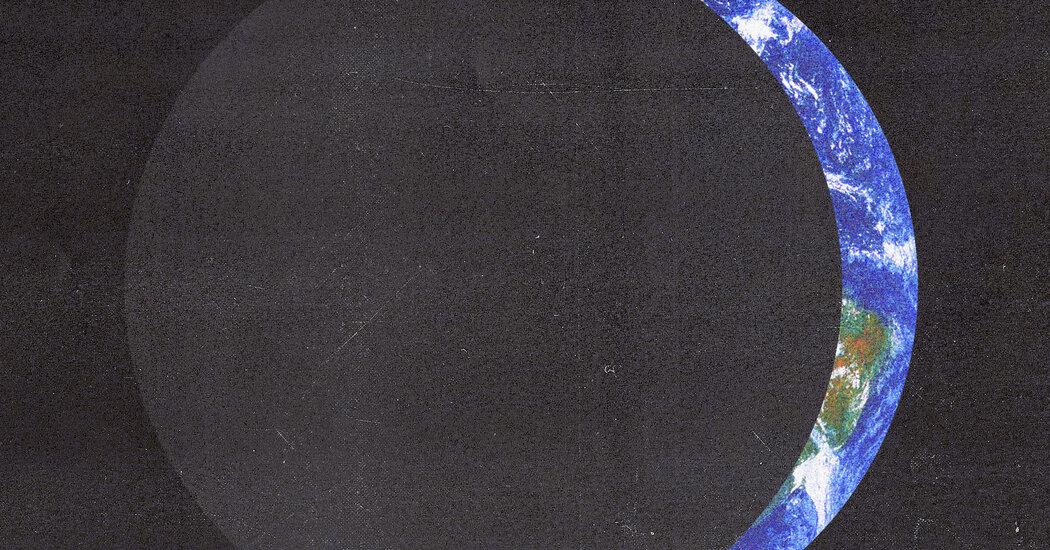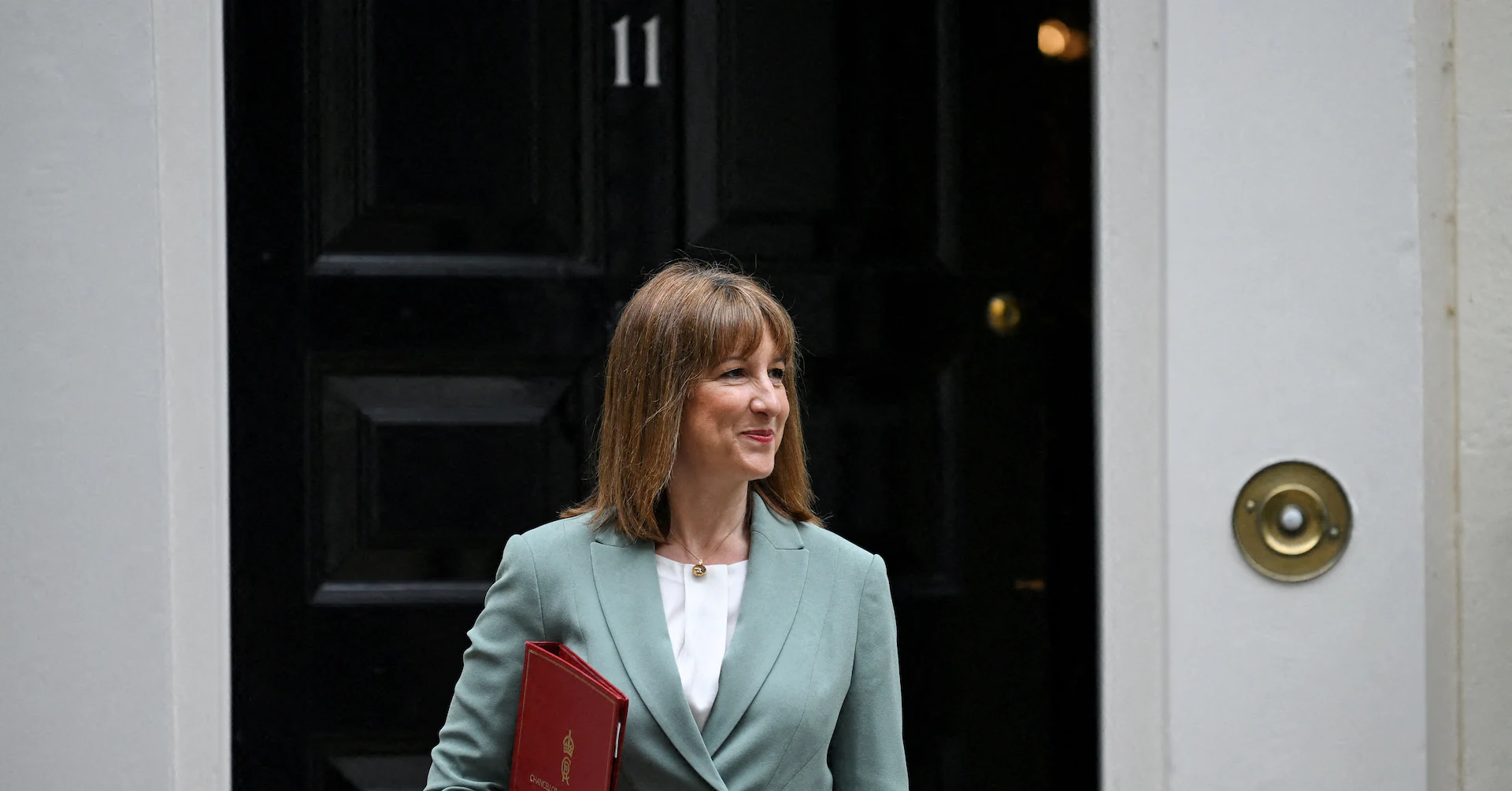Copyright The New York Times

To the Editor: Re “Gates Says That Climate Change ‘Will Not Lead to Humanity’s Demise’” (news article, Oct. 29) and “Gates Has a Point on Climate Change,” by Stephen Lezak (Opinion guest essay, Nov. 4): It might very well be true, as Bill Gates recently wrote in a public memo, that even as our climate evolves into a more brutal assault on every aspect of our environment, it won’t “lead to humanity’s demise.” At least not in an instant. It should be clear to Mr. Gates that the demise of one aspect of the environment can have a negative impact on another. The demise of one area, like the Amazon rainforest, can have a negative impact on others areas. The net result over time is that we humans lose more and more control over our sphere of existence. Consider forest fires: The aftereffects — smoke, hazardous pollutants, cloud cover, changes in water quality and temperature — travel vast distances to affect neighboring countries, other continents and oceans. The same goes for coal gases from smokestack emissions. Mining and burning coal in West Virginia or Wyoming or China do not affect those places exclusively. Climate matters universally. And dying piecemeal is still death. I consider Mr. Gates’s declaration a significant retreat from the established beliefs that every part of our universe is interdependent. It is distressing to anticipate that his pronouncements will add fuel to the army of climate deniers who will insist that all is fine, because, after all, our golf courses are still very green and bottled water is plentiful and we didn’t have to skip a meal. Gil Narro Garcia Pipe Creek, Texas The writer is a retired senior federal education research scientist. To the Editor: Bill Gates offers a rare global perspective shaped by his work in health, education and poverty alleviation — along with his leadership in climate innovation and investment. His recent memo, “Three Tough Truths About Climate,” deserves attention. Mr. Gates argues in his memo that the “doomsday” view of climate change as the end of humanity is a strategic mistake; that the strict focus on reducing emissions should be broadened to help reduce the human suffering caused by climate change; that rapidly rising global temperatures should be met with zero-carbon solutions; and that the “Green Premium” (the cost gap between clean and dirty technologies) should be reduced or eliminated with new technologies to speed this change. Mr. Gates is right that climate action must enhance human welfare, not just reduce emissions. Innovation and equitable policies are essential, as poverty and disease still claim far more lives than rising temperatures. Growth, health and adaptation must advance together. Bravo to a world climate leader. Susan Atkinson Durango, Colo. To the Editor: I disagree with Stephen Lezak on the risks of climate change. Certainly, global warming will affect poor communities in coastal Alaska or in countries such as Bangladesh. But climate change-worsened flooding and fires have already devastated middle-class and wealthy communities in North America: Fort McMurray, Alberta; Superior, Colo.; Asheville, N.C.; and Altadena and Pacific Palisades, Calif. In the past, communities such as these have relied on home insurance to recover after the disasters. But with compounding disasters in our warming world, insurance companies are not renewing policies or are pulling out of states such as California and Florida. If homeowners can get insurance, it’s often subpar, failing to cover losses. Dr. Lezak writes that “the affluent typically can afford to flee a disaster and rebuild a damaged home.” That will become less typical as more well-off areas are inundated and incinerated and insurance is insufficient or unavailable. Robert Wilson Syracuse, N.Y. The writer is a professor in the department of geography and the environment at the Maxwell School of Citizenship and Public Affairs at Syracuse University. To the Editor: In his essay, Stephen Lezak notes, like Bill Gates, that climate change “will not be the end of civilization” and that our alarm and despair may keep us from improving lives in the here and now. While there is a kernel of truth in this message, it also grossly misrepresents the science. Without removing legacy carbon dioxide pollution from our atmosphere and curtailing current carbon dioxide levels, our planet will be permanently changed in the coming years. Are Dr. Lezak and Mr. Gates arguing that this change needs to be civilization-ending before we worry? Climate scientists have long predicted the outcomes: Excessive heat will gradually render huge portions of our planet unlivable (leading to nation-scale migration) and rising oceans will drown island nations and swamp many of the world’s most populated areas (including much of the United States’ Eastern Seaboard). Our oceans, already acidifying, will become inhospitable to life. Our forests will burn off and permafrost melt, adding even more greenhouse gasses to our atmosphere, which will cause global temperatures to rise even higher. Is “don’t look up” going to be our new climate policy normal? Or can we muster the honesty and courage to work together to save our planet? Glenn Hampson Seattle The writer is the executive director of the Science Communication Institute. Interfaith Connections Our institutions and social media platforms are feeding these divisions. Online, we’re siloed into echo chambers that harm our already fragile democracy and deepen the isolation so many Americans feel. The types of argumentative theatrics that get more clicks and keep people scrolling are antithetical to the connection people actually crave. America’s religious traditions teach us that connection doesn’t require full agreement on every single issue. It calls us to listen openly, honestly and respectfully when we disagree or don’t understand. We need more spaces for those kinds of conversations to learn how to live side by side, even with those who vote or worship differently than we do. Adam Phillips Chicago The writer is the chief executive officer of Interfaith America. The Myth of Originalism



